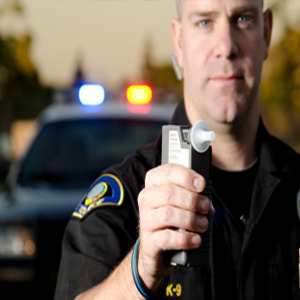DUI Checkpoints Attorney in Los Angeles County, California
Are Dui Checkpoints Legal in California?
The simple answer is yes. According to the vehicle code “a driver of a motor vehicle shall stop and submit to a sobriety checkpoint inspection conducted by law enforcement agency when signs and displays are posted requiring that stop.” Believe it or not, they sometimes publish it in a newspaper, to minimize drunk drivers on the road, to give drivers notice so they can choose an alternate route to avoid traffic sometimes caused by a stop, lastly, to legitimize the stop.

Police officers in California aren’t supposed to pull you over for no reason. Generally, the officer must have probable cause. However, one exception involves the use of sobriety checkpoints to stop drivers to check whether they may be under the influence. California regularly makes use of sobriety checkpoints. Law enforcement officers are supposed to follow a protocol or guidelines to ensure that a sobriety checkpoint is Constitutional, but police don’t always follow the rules.
According to the National Highway Traffic Safety Administration (NHTSA), a sobriety checkpoint must have the following:
- Be located in a reasonable spot;
- It must be in a safe place that is well lit, for example not on a steep mountain!
- The amount of time spent must be reasonable, especially at night when temperatures drop you don’t want to risk hypothermia;
- The driver must be stopped for a minimal amount of time;
- There must be officers supervising the operation or stop;
- There should be street lamps overhead so the officer can see your eyes;
- Obvious and official police presence and visibility;
- There must be signs and displays that comport with the law for the stop to be valid.
If you live in California, you have probably been through a checkpoint. It is generally an officer who will stop you briefly, look at your eyes and see if they smell alcohol emanating from the car or from your breath. They usually say something like “how’s it going tonight?” so that you will have to respond to their question (another cue is slurring your words.)
Tell Us Your Story
Fill out the attached form to request a free 15-minute consultation with our attorney.
